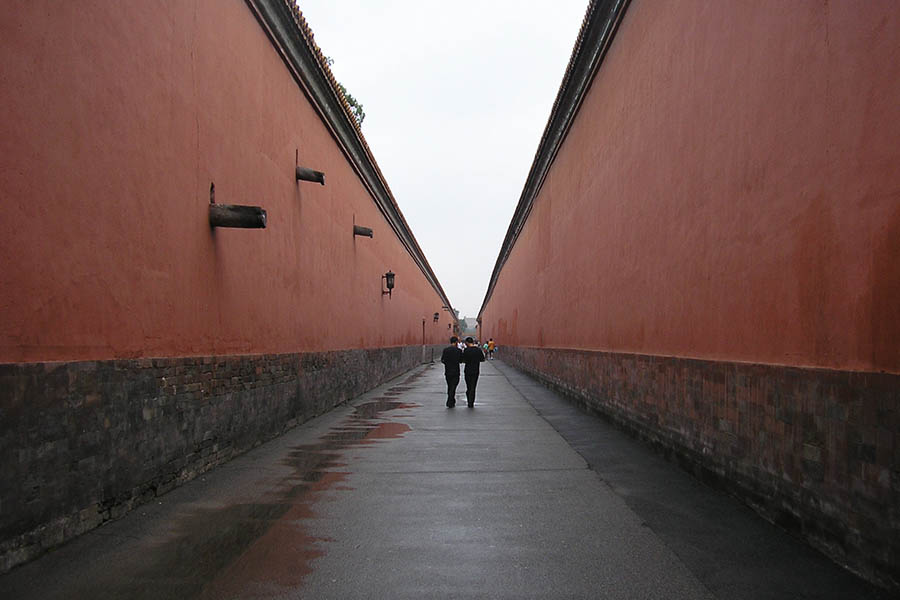
Context
Nowadays, global challenges address the complexity of the socio-economic and political system, involving a diversity of variables and actors. Complex systems are characterized by the difficulty of making accurate predictions about their evolution, which can cause abrupt changes, faster than the ability to influence their evolution, and with consequent geopolitical shocks that are difficult to manage.
The deluge of data and news, as well as the need to strengthen the stability and resilience of systems, require a renewed approach to the role of science in supporting political decisions and the adoption of effective solutions.
In this context, scientists often struggle to provide salient and accountable advice for effective action. One of the main challenges is not only the lack of common terminology between different communities, but different levels of description of reality. The same challenge can arise between different scientific fields (e.g. medicine and physics) and a logical reduction of theories or opinions seems unrealistic: dialectical and dynamic relationships can be more relevant and effective. But the method in dialogue is fundamental.
The introduction of a scientific approach in the negotiation and understanding of the fundamentals in the interaction between information and context dependence can have an impact on a cultural transformation, where science and politics can interpenetrate in a knowledge-based support for policy.
In this regard, there are two main methodologies that are used to structure the dialogue between science and politics:
- different disciplines/specific aspects are called to provide information, through documents, or consultancy or bilateral meetings, and can be considered as one of the different lobby voices, albeit a privileged one;
- the use of an interface, usually consisting of a team of social scientists or facilitators, that translates the technical terminology and adapts the information useful to the policy world, i.e. acts as a filter.
Initiatives based on these two approaches are useful and valuable, but they may not have a large-scale impact and can be easily distorted, either by the limited information, the lack of coherence between them, the cognitive biases introduced. Furthermore, policymakers and analysts are used to having to deal with very short time constraints and rapidly evolving scenarios, which mainly involve a diversity and multitude of aspects that are interconnected. Identifying relevant, context-sensitive information and making unbiased analyses, assessments and decisions requires a lot of effort and preparation.
School4SID has been designed to address the complexity of global and local challenges in terms of environment, human activities, technology, regulation, governance, economic and geo-political scenarios.
What is it about:
School4SID is a training model that aims to introduce a new approach for scientific support to decision-making and negotiation.(https://school4sid.cnr.it/).
It is an idea born from the awareness that the process of “scientific decision support” is very ambiguous, often little adopted and confused with Science Diplomacy, and above all contrasts with that of the so-called “lobby” and which instead is based on diversified professionalism and skills.
School4SID integrates the hard sciences and the humanities, without any hierarchy between the disciplines, in order to
1) identify which messages are salient in scientific advice for policy decisions,
2) identify how science can operationally support negotiation processes,
3) promote the introduction of a scientific method in decision-making and pave the way for effective communication between scientists and other communities.
This is offered through an innovative process that does not use an interface or a scientific advice made up of a sum of specific themes. Scientists are asked to present the pros and cons of different aspects that contribute to the analysis and decisions on a challenge. The product of the courses is a combination of different modules that are specifically assembled through two linked moments, but temporally successive: a first transversal one that includes mandatory aspects to learn the fundamentals necessary to understand the state of the art of specific topics, which are therefore at the center of a second moment. For example, if the challenge consisted of issues related to marine pollution, the first course would address aspects such as cognitive biases, statistics, decision psychology, complex and network systems, data analysis, risk theory, while the second course would delve into the complexity of the sea, the types of pollutants, toxicity, health impacts, specific regulations, etc.
The training courses will not provide solutions but will allow to distinguish between lobbies, facts, predictions and perceptions, to compare the consensus, the impact and the feasibility of the actions to be taken. The courses will provide tools to ask the appropriate questions, set the problems and build evaluations of the options. Ultimately, it aims to induce a self-induced transformation in the decision-making process, in a co-creation between science and politics, where scientific methodology is structuring the system to bring out solutions.
School4SID, whose model has been registered for intellectual property rights, has already developed some courses: for the European diplomatic community, for trainers, for a selection of representatives of the European Parliament. Suitable settings (e.g. on a ship, in a prison) and the support of comics and exercises accompany the courses to immerse and stimulate participants in an expanded scientific context.
